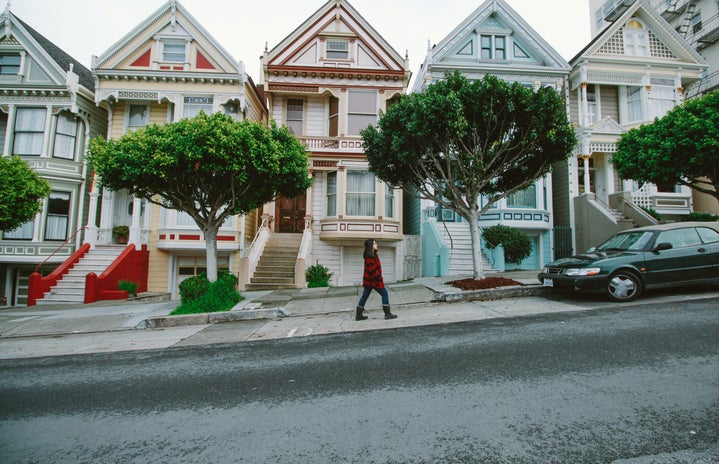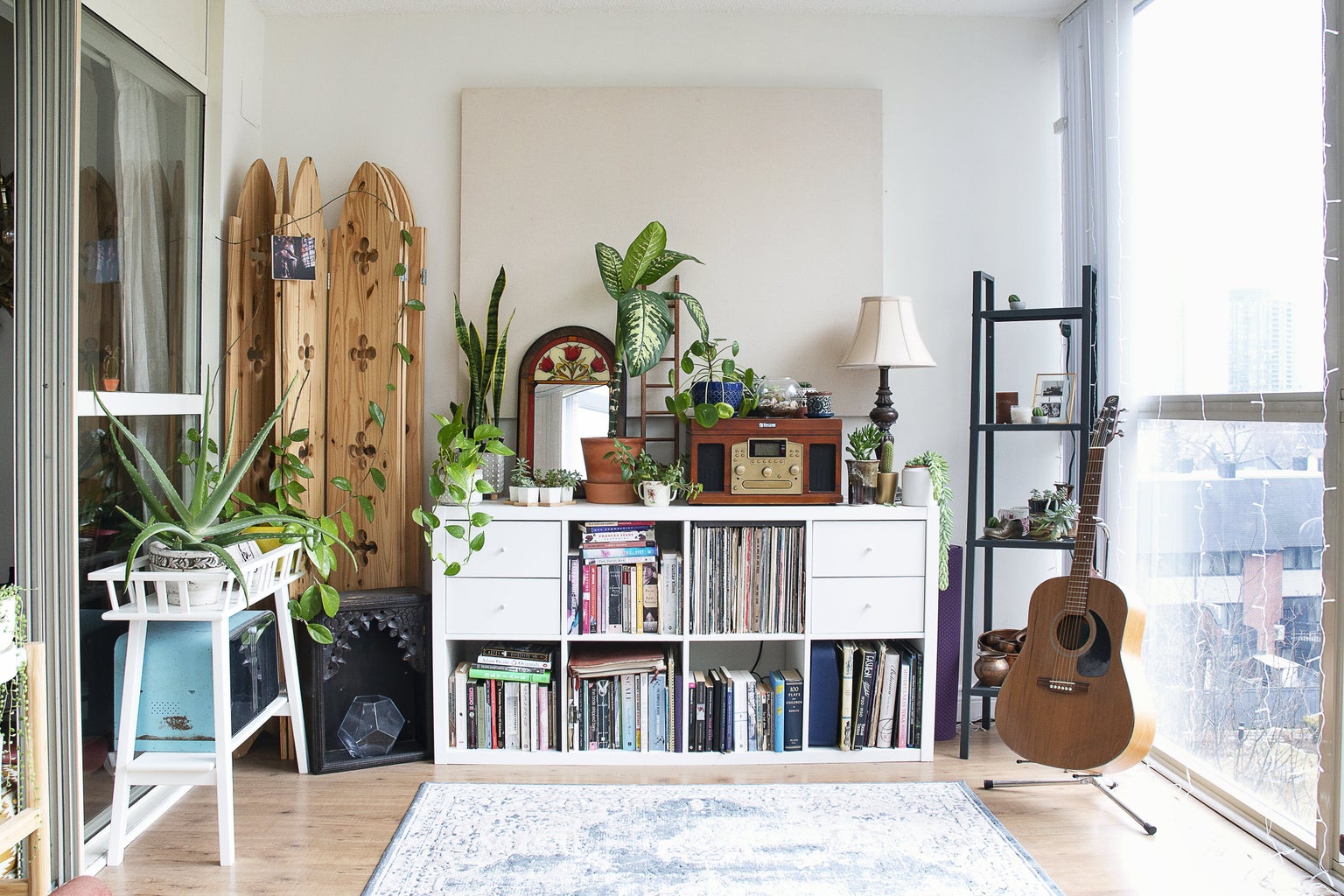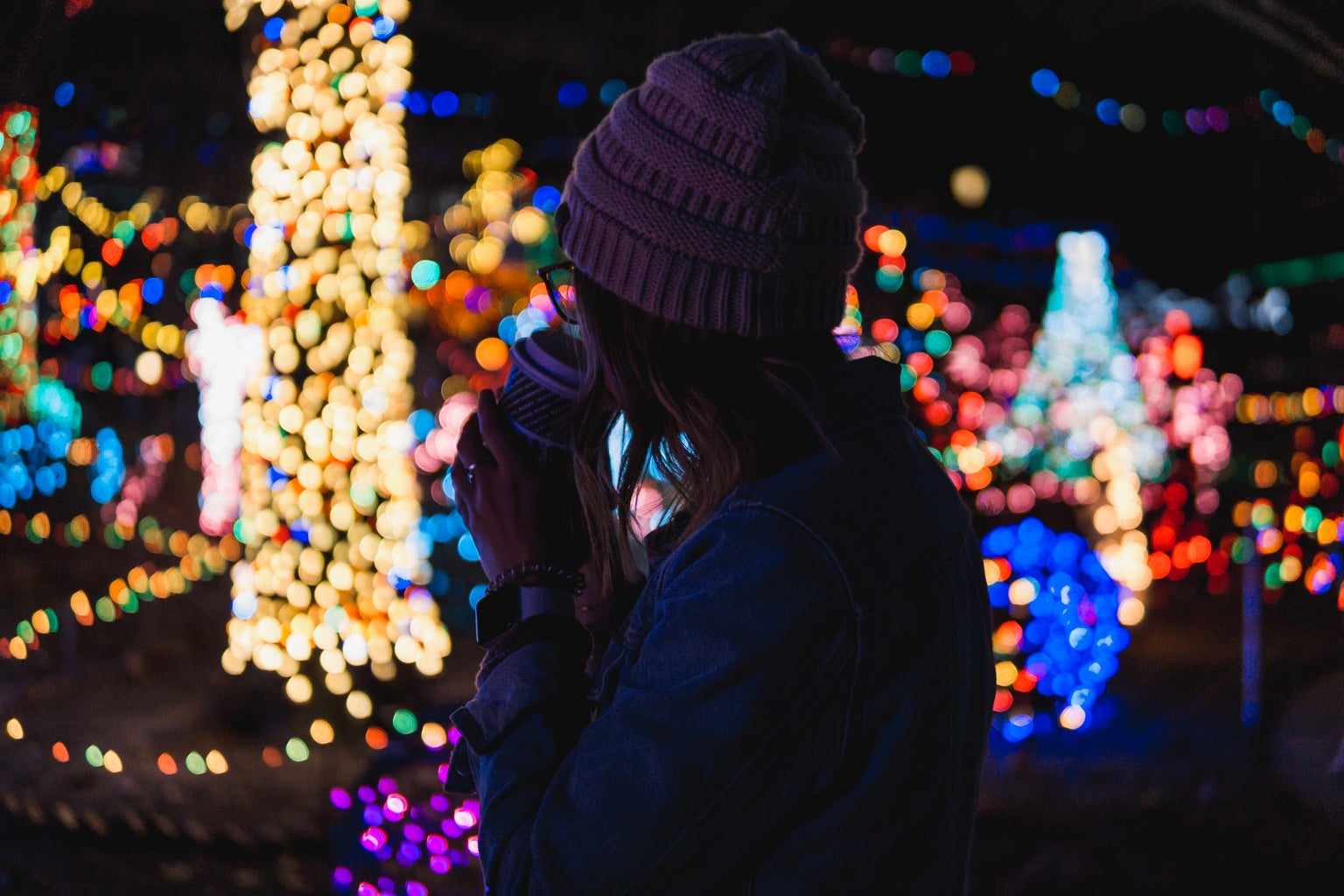When you get used to a place you stop noticing. You don’t notice the creaking of the staircase and the shakes from the plumbing system pulsing through your bedroom walls in your home. You don’t notice the chips on the walls or the crooked painting in the foyer. Although these nuisances aggravated you when you first moved in, they’ve slowly moved to the background of your mind, and you forget they ever took up brain space in the first place.
The same thing happens with people. When you first meet someone, you notice everything about them, almost to a fault.
The one front tooth slightly longer than the next and the freckle below their eyebrow. The way they hold one hand behind their back when talking to someone new and their inability to hide their thoughts through their facial expressions. You can’t help but notice all their little quirks and odd mannerisms.
Then all of the sudden, this person becomes a fixed entity. Their bits and pieces have started to mold together, and you can’t remember how you used to separate them. In fact, you’ve spent so much time staring into the eyes, yet you can’t quite place their eye colour; perhaps they’re grey, or blueish green?
When we become accustomed to the world around us, our experiences become less heightened. This process is called “habituation” and simply means that our brains become used to certain stimuli. This phenomenon is very normal, and it allows us to thrive in the world without becoming overwhelmed by our senses, for better or for worse.
We don’t always want to live in a state of heightened awareness. We like the fact that we can put our brain on autopilot and graze through life. Yet sometimes, and only sometimes, it feels nice to experience the details.
If this sounds tempting, try and step back into your body and mind. Use your senses to experience the world anew. Breathe like its the first breath you’ve ever taken. Walk around your neighbourhood as if you’re seeing it for the first time. Be curious, or even nosy, about what’s going on in the house across the street. Look, really look, at yourself. Not at the flaws you hyperfixate on but on both the separate parts and the whole of what makes up you. Examine the people closest to you under a microscope. Start to notice why you’ve kept them around all this time. Use their face as a scavenger hunt, and count every freckle. Did you know they had so many?
Now, just because you are really looking at the world around you doesn’t mean you have to like what you see. What really matters is that you are capable of seeing, and that you don’t let too many flaws lurk behind the curtain of your routine. It’s okay for everything to not feel awe-striking. Some things, and people, are just ordinary. And some things, and people, are subpar. Yet take the time to reflect on whether you are okay with letting the unsatisfactory parts of your life fade into the background.
And as for the parts of life that have been muted that you now see in glowing colours, try your best to linger there, at least for a moment.





